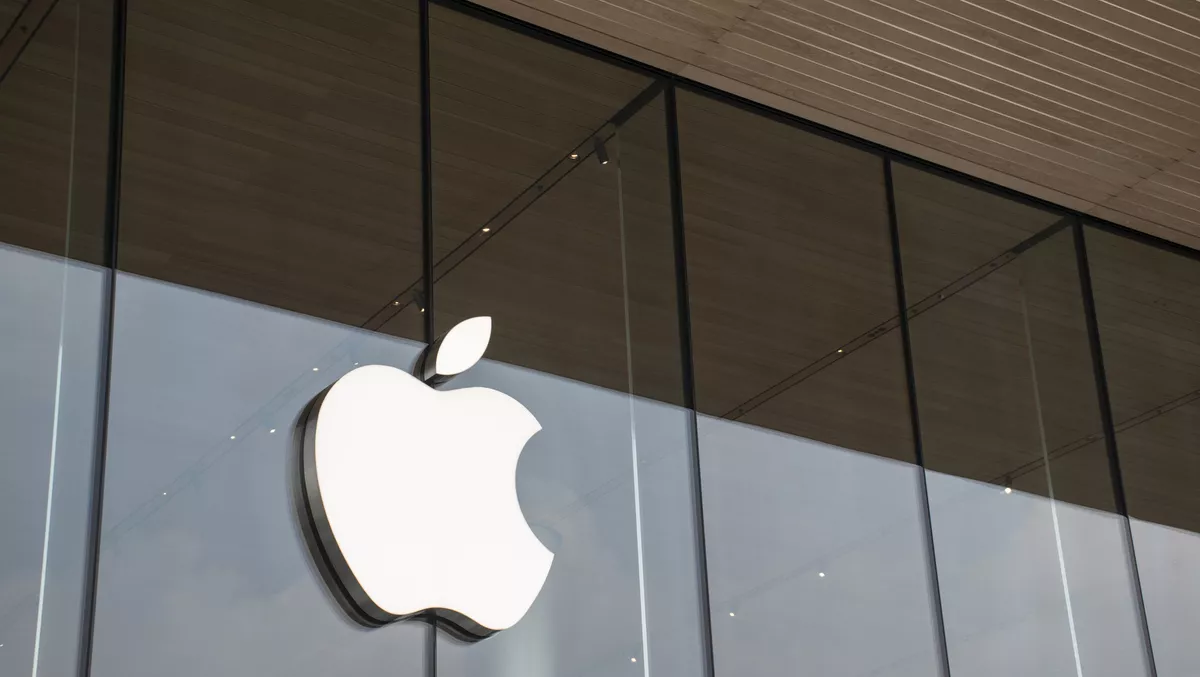
Apple has retained its position as the most valuable electronics brand in the world, with a 35% increase in brand value to US$355 billion.
Every year, Brand Finance puts 5,000 of the biggest brands to the test and publishes nearly 100 reports, ranking brands across all sectors and countries. The world's top 50 most valuable and strongest electronics brands are included in a dedicated industry ranking, the Brand Finance Electronics and Appliances 50 2022.
"Since the onset of the COVID-19 pandemic, electronics brands worldwide have faced changing market conditions, and Apple has led innovation in the premium electronics markets in which it operates," says Brand Finance chairman and CEO, David Haigh.
"With supply chain bottlenecks disrupting global logistics, premium brands are earning strong returns from constrained supply levels.
In particular, Apple has benefited from a pandemic that has caused consumers to invest more in physical objects and digital services, the two complementary arms of the Apple brand."
He says that since the pandemic, Apple's brand value has increased to two-and-a-half times its prior value and now holds globally unprecedented value.
As well as being the strongest electronics and appliances brand, Apple is also the strongest brand in the ranking, with a Brand Strength Index (BSI) score of 88.9 out of 100. The brand has successfully combined innovation and marketing by complementing its premium hardware devices with a premium range of subscription-based digital services.
Historically, the tech giant's success lies in focusing on its core brand positioning. Its more recent growth can be attributed to the company effectively applying its brand to a much broader range of premium services. The iPhone still accounts for around half of Apple's sales. However, this year, Apple gave more attention to its other suite of products with a new generation of iPads, an overhaul to the iMac, and the introduction of AirTags. From Apple Pay to Apple TV, its range of services has also strengthened and become of increasing importance to the brand's success.
"Apple continues to innovate to meet changing customer demands as it looks towards a post-COVID-19 future," says Haigh. "Apple has attained an exceptional level of brand loyalty thanks to its quality and reputation in the market. Apple is an iconic player in the electronics industry, and the brand is innovating across all its verticals. It will be entering the realm of virtual reality and self-driving cars in the next few years."
Samsung (brand value up 4.5% to US$89.2 billion) has retained the position of the second most valuable electronics and appliances brand in the world. The South Korean conglomerate often leads global sales charts for smartphones, with Apple leading in periods immediately after Apple launches new products. However, Apple's brand can be applied not just to the hardware it manufactures, but also to the entire Apple software ecosystem.
As a manufacturer of smartphones that run the Google-dominated Android operating system, Samsung does not have the same advantage. Samsung does maintain operating systems for some of its other products, such as TVs, but these do not offer the same brand recognition as the Android or iOS mobile phone operating systems. Consequently, Samsung faces a challenge maintaining a solid brand value when other businesses control its software interface.
Huawei has had a significant increase in brand value, despite pushback from some Western governments. The company stands in third place among other electronics and appliances brands with a brand value of US$71.2 billion after 29% growth year-on-year. Huawei's infrastructure and consumer-facing business were hit hard by sanctions in the UK, US, and allied nations, but it reacted by heavily stepping up investment in domestic technology companies and research and development activities.
Huawei has seen growth in its wireless telecom business owing to aggressive 5G rollout in China, and strong 5G rollouts in Europe, the Middle East, and Africa. The brand is strengthening its software foundations by investing in operating systems such as HarmonyOS and EulerOS due to US sanctions restricting its access to the Android operating system.
Like Apple, which also controls its own software for its hardware, Huawei may have an opportunity to exert greater brand control by more completely controlling the consumer experience. This comes at the expense of access to the Android ecosystem, but might offer an opportunity for brand differentiation in time.
Value for money consumer brands are among the fastest growing brands in the ranking as they cater to new post-COVID-19 market segments. Value for money consumer brands ASUS (brand value up 75% to US$2.1 billion) OnePlus (brand value up 92% to US$1.8 billion), and TCL-CSOT (brand value up 81% to US$1.3 billion) rank among the fastest-growing electronics brands.
